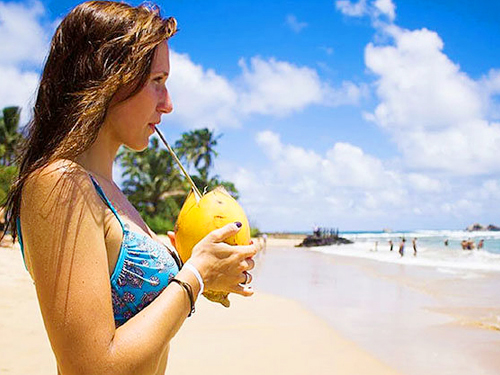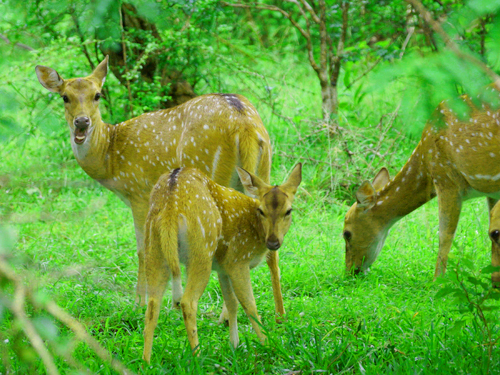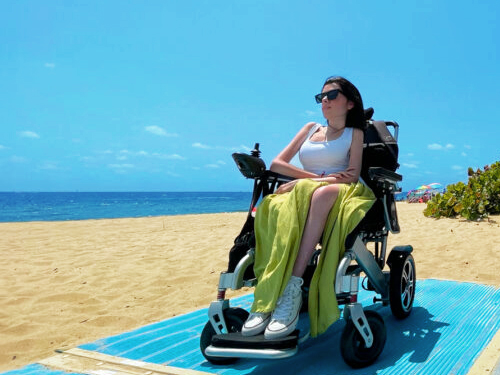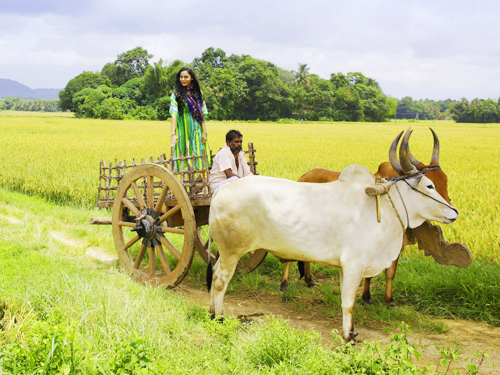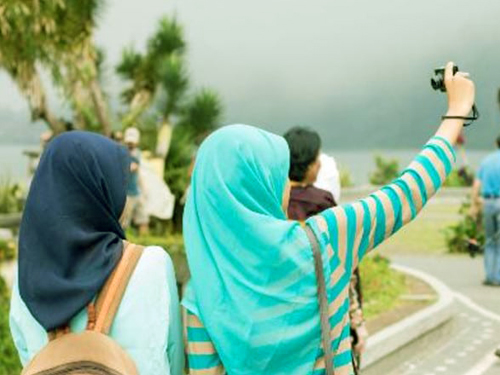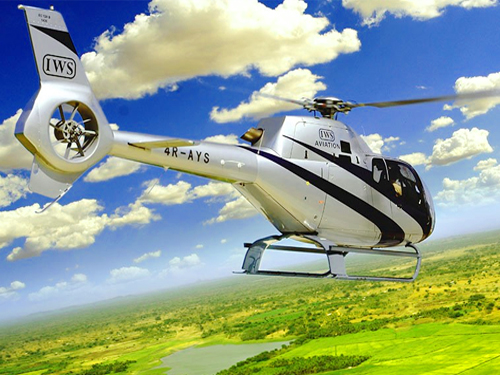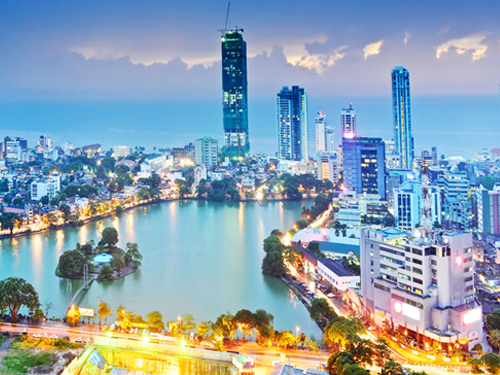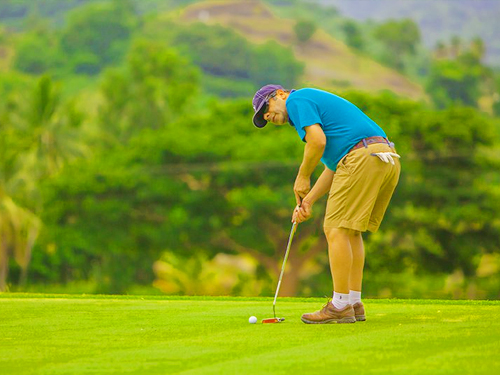Sri Lanka Safe Travels
- Public demonstrations are occurring throughout Sri Lanka. Demonstrations that draw large groups of people can turn violent. A Public Emergency can be declared, and curfews imposed, with limited notice. Avoid demonstrations and events that draw large crowds. Follow the advice of local authorities and monitor the media for updates. Demonstrations can lead to disruptions to traffic and public transport.
- You may experience a disruption to fuel supply and planned, lengthy power outages.
- Terrorism is a threat in Sri Lanka. Attacks could happen anywhere at any time. Terrorists may target tourist areas. Avoid crowds. Follow the advice of local officials.
- Security has increased across the country following the 21 April 2019 terrorist attacks. Always carry travel and identification documents. Allow additional time to clear security checks, especially at airports.
- There are marked and unmarked minefields and unexploded weapons in the Northern Province and parts of the Eastern Province. Stay on main roads. Pay close attention to landmine warning signs.
- Violent crime, including sexual assault, harassment and robbery, occurs. If you’re a woman travelling alone, arrange travel through a reputable company.
- Scams and fraud are common, including credit card fraud, overcharging and fake goods. Be alert to fake goods, especially jewellery and gems. Check your bank statements often.
- Flooding and landslides occur during the monsoon season. This is December to March in the north-east and May to October in the south-west. Be prepared to change your travel plans.
- COVID-19 remains a risk in Sri Lanka. You must purchase mandatory COVID-19 insurance cover before travelling to Sri Lanka. It's mandatory for individuals to maintain social distancing in public spaces and to wear face masks. If you violate the requirements, you'll be either imprisoned for six months or incur a fine of within LKR 10,000.
- Outbreaks of dengue are common. Use mosquito repellent. If you have a fever, get medical help.
- Other insect-borne diseases include chikungunya, Japanese encephalitis and filariasis. Use mosquito and insect repellent. Get vaccinated for Japanese encephalitis before you travel.
- Foodborne, waterborne and other infectious diseases include typhoid, hepatitis, leptospirosis. Drink only boiled or bottled water. Rabies is present in dogs, monkeys and bats.
- Medical services in Colombo are below Australian standards. Outside Colombo, they’re limited. If you’re seriously ill or injured, you’ll need medical evacuation. Ensure your travel insurance covers this. Access to some medicines may be impacted by import delays.

 Safe Travels
Safe Travels Français
Français Deutsch
Deutsch עִברִית
עִברִית Italiano
Italiano Nederlands
Nederlands Polski
Polski Pусский
Pусский Español
Español









